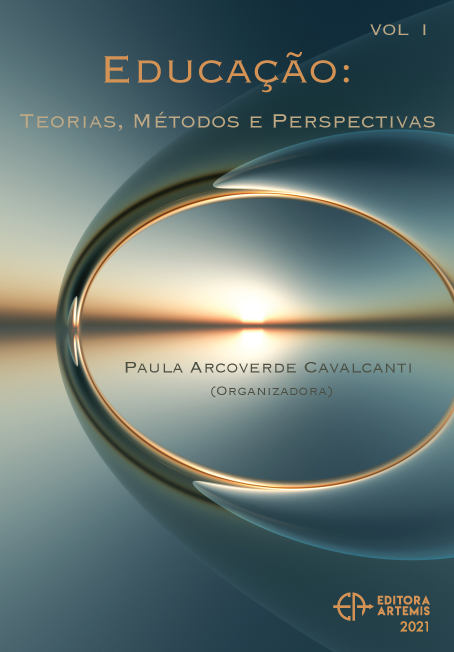
MÉTODO DELPHI SOBRE TRANSICIONES Y TRAYECTORIAS DE ACCESO A LOS ESTUDIOS DE MÁSTER DE CIENCIAS SOCIALES EN ESPAÑA
El método Delphi tiene su origen a mediados del siglo pasado y tuvo un uso bastante moderado en el tiempo, sin embargo, en la actualidad comienza a recobrar vigor, especialmente como acercamiento a ciertas realidades socioeducativas. El hecho de que este método permita una aproximación desde la perspectiva de las personas involucradas, que facilite un conocimiento en profundidad de esas realidades, que además su interpretación posibilite un acuerdo intersubjetivo y que combine posturas cualitativas y cuantitativas de la realidad, lo convierte en una técnica de recogida de información rigurosa y alineada con una visión actualizada de la investigación. El método Delphi es utilizado en la investigación (EDU2016-80578-R AEI/FEDER.UE) con la finalidad de determinar los puntos de acuerdo, nivel de consenso y la jerarquización de la transcendencia de los factores facilitadores/inhibidores en la explicación de las trayectorias académicas en el acceso a los másteres desde la visión experta de los coordinadores o responsables del Máster. Para ello, se seleccionaron responsables del conjunto de másteres participantes en la investigación de siete universidades públicas españolas partiendo de la premisa que desde la propia coordinación del Máster se vive en primera persona la experiencia, combinando la visión académica, administrativa institucional y operativa. Tras el primer semestre del curso 2018-19 se plantearon dos rondas de consultas al total de los 11 participantes previo consentimiento de participación. Los resultados obtenidos permitieron determinar qué factores personales explican las trayectorias académicas del alumnado, las fuentes de satisfacción con los estudios y específicamente, los elementos facilitadores del éxito en los estudios. En el artículo se detalla el proceso llevado a cabo en la aplicación de la técnica Delphi para llegar al consenso final.
MÉTODO DELPHI SOBRE TRANSICIONES Y TRAYECTORIAS DE ACCESO A LOS ESTUDIOS DE MÁSTER DE CIENCIAS SOCIALES EN ESPAÑA
-
DOI: 10.37572/EdArt_17042130919
-
Palavras-chave: Método Delphi, estudios de Máster, transiciones académicas, trayectoria de acceso
-
Keywords: Delphi method, Master's studies, academic transitions, access path.
-
Abstract:
The Delphi method has its origin in the middle of the last century and had a fairly moderate use over time; however, today it is beginning to regain traction, especially as an approach to certain socio-educational realities. The fact that this method allows an approach from the perspective of the people involved, that it facilitates an in-depth knowledge of these realities, that its interpretation enables an intersubjective agreement and that it combines qualitative and quantitative positions of reality, makes it a rigorous information gathering technique aligned with an updated vision of the research. The Delphi method is used in research (EDU2016-80578-R AEI/FEDER.UE) in order to determine the points of agreement, the level of consensus and the classification by significance of the facilitating / inhibiting factors of the explanation of the academic trajectories in accessing the master's degrees from the expert point of view the coordinators or managers of the Master's degree. To that end, people in charge of the group of master's degrees participating in the research were selected from seven Spanish public universities based on the premise that from the coordination of the Master the experience is lived first-hand, combining the academic, institutional administrative and operational vision. After the first semester of the 2018-19 academic year, two rounds of consultations were proposed to the total of 11 participants who consented to participate. The results allowed us to determine what personal factors explain the academic trajectories of the students, the sources of satisfaction with the studies and specifically, the elements that facilitate success in the studies. The article details the process carried out in the application of the Delphi technique to reach the final consensus.
-
Número de páginas: 15
- Mercedes Torrado
- Mercedes Reguant Álvarez
- Carolina Quirós Domínguez

